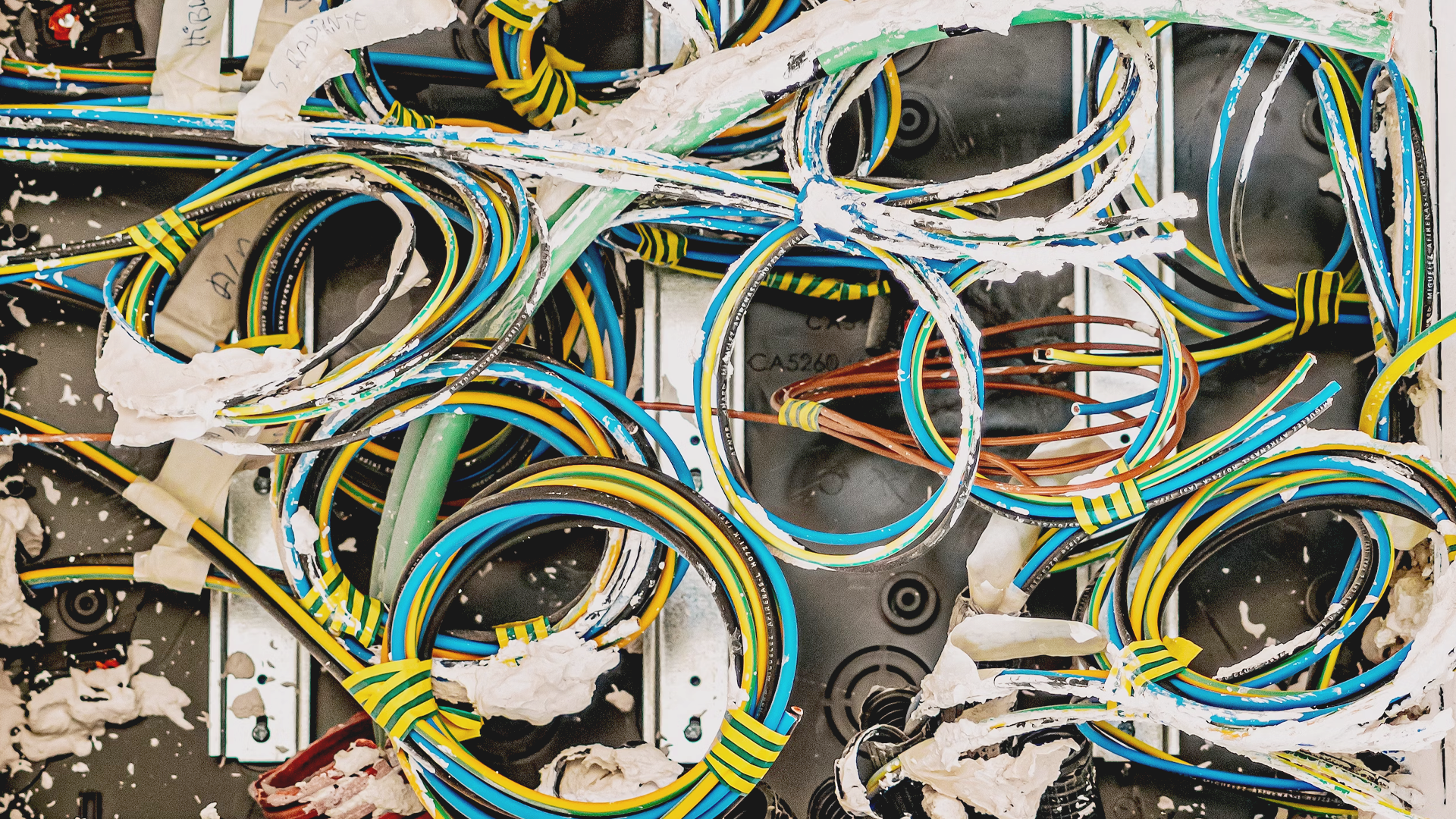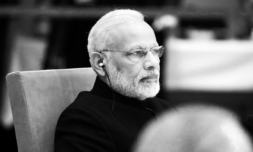In today’s hyper-connected world, where information flows seamlessly, it is easy to overlook the intricate web of infrastructure that makes it all possible.
Beneath the ocean’s surface lies a vast network of undersea internet cables, transmitting data and connecting nations in a web of digital interdependence.
However, beyond their technical marvel, these cables also serve as crucial assets, influencing the balance of power, security, and economic dynamics on a global scale.
Internet cables, also known as submarine cables, are an impressive feat of engineering that form the foundation of our global digital connectivity. Often as thin as a garden hose, they consist of several fiber optic strands bundled together and encased in layers of protective material.
The fiber optic strands are made of ultra-pure glass or plastic, which enables the transmission of data as pulses of light.
The assembly and maintenance of internet cables is a complex process that necessitates international collaboration and cooperation among countries.
These undersea cables connect various nations, and partnerships are crucial to establish cable landing points where the cables make landfall and interface with terrestrial networks. International cooperation in cable infrastructure involves multiple aspects.
Countries must negotiate agreements to permit the landing of cables on their shores, ensuring compliance with national laws and regulations.
This involves discussions on rights-of-way, permits, and other legal aspects to facilitate the installation and operation of the cables. Many large-scale undersea cable projects involve joint ventures between multiple telecommunications companies and consortiums consisting of international partners.
These partnerships pool resources, expertise, and investments to finance and build the cable networks.
International organizations play a role in facilitating cooperation among countries. For instance, the International Telecommunication Union (ITU), a specialized agency of the United Nations, provides a platform for member states to discuss matters related to global telecommunications infrastructure, including undersea cables.
The ITU promotes collaboration, harmonization of standards, and the exchange of information among its member countries.
The construction and operation of internet cable networks involve the participation of several major companies that are at the forefront of technological advancements and data-driven industries.
A notable player in the field is Google. The tech giant has been actively involved in various undersea cable projects, such as the Curie Cable System connecting the United States to Chile and the Dunant cable linking the United States to France.
Google’s investment in these cable systems aims to enhance its cloud services and ensure fast and reliable connectivity for its users worldwide.
In addition to tech giants, there are dedicated subsea cable operators that specialize in the construction and maintenance of undersea networks.
Companies like SubCom, Alcatel Submarine Networks, and Huawei Marine are renowned for their expertise in laying cables and providing ongoing maintenance services.
They work closely with consortiums, telecommunication companies, and internet service providers to ensure the efficient and reliable operation of internet cable networks.
Internet cables contribute to the economy is through the facilitation of global communication and information exchange. They enable businesses, governments, and individuals to connect with each other seamlessly, regardless of their geographical location.
This connectivity opens up new markets and opportunities for businesses to expand their customer base and reach a global audience.
Furthermore, internet cables serve as a catalyst for economic development in regions that were previously underserved by digital connectivity. By extending undersea cables to remote areas, countries can unlock the potential for economic growth, job creation, and increased access to education, healthcare, and other essential services.




















